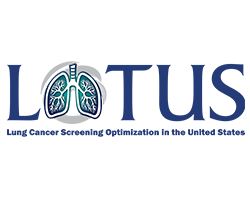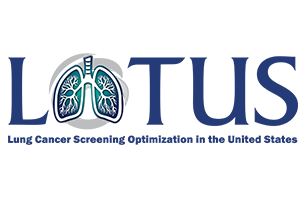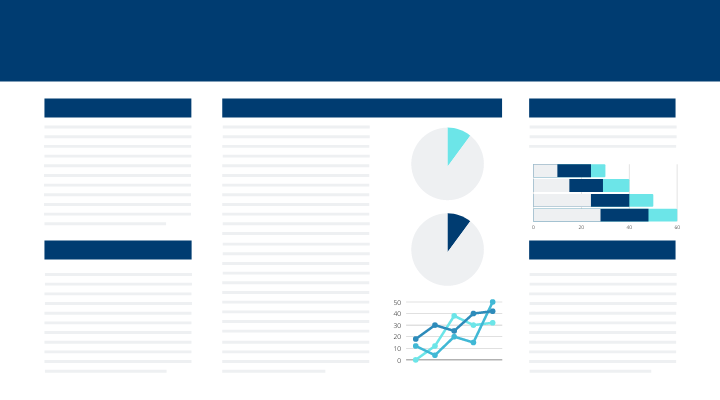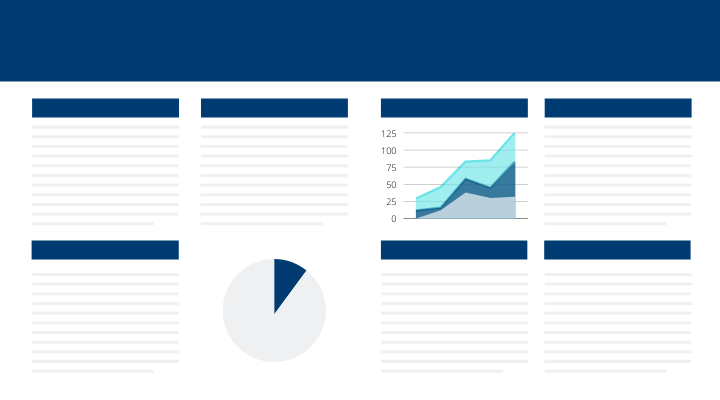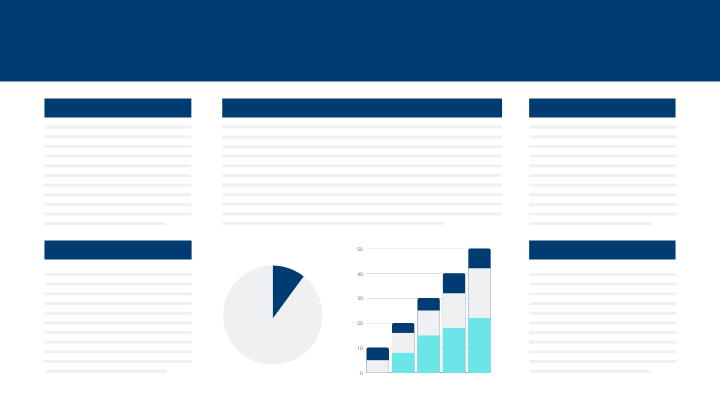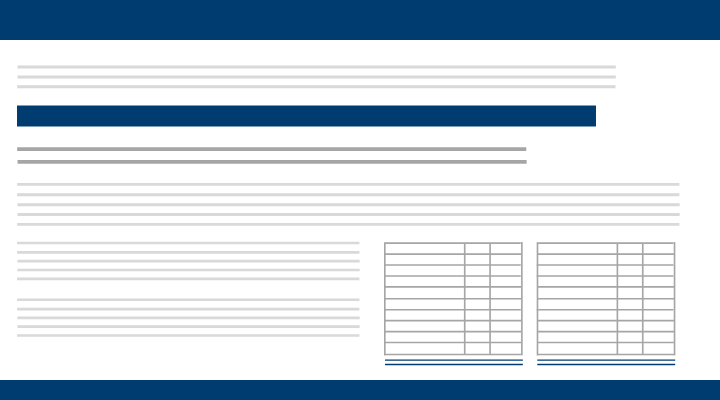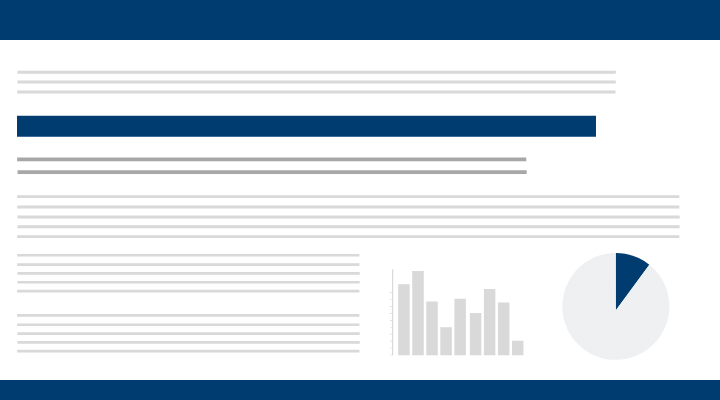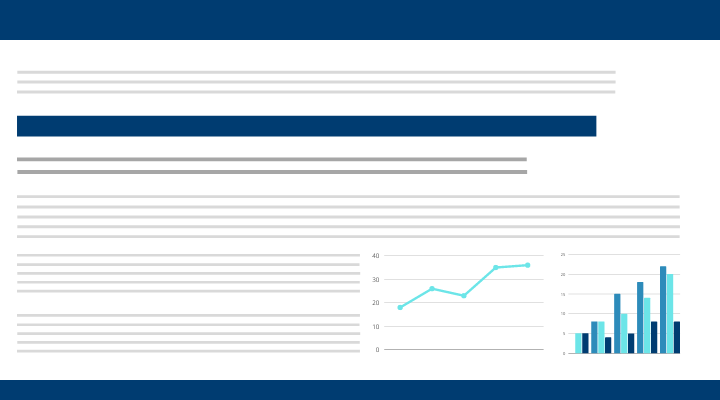
- Date: January 2024
- Published in: Annals of Internal Medicine
Rates of Downstream Procedures and Complications Associated With Lung Cancer Screening in Routine Clinical Practice
PublicationAuthors: Rendle KA, Saia CA, Vachani A, Burnett-Hartman AN, Doria-Rose P, Beucker S, Neslund-Dudas C, Oshiro C, Kim RY, Elston-Lafata J, Honda S, Ritzwoller D, Wainwright JV, Mitra N, Greenlee RT.
Corresponding Author Email: katharine.rendle@pennmedicine.upenn.eduRead Publication
